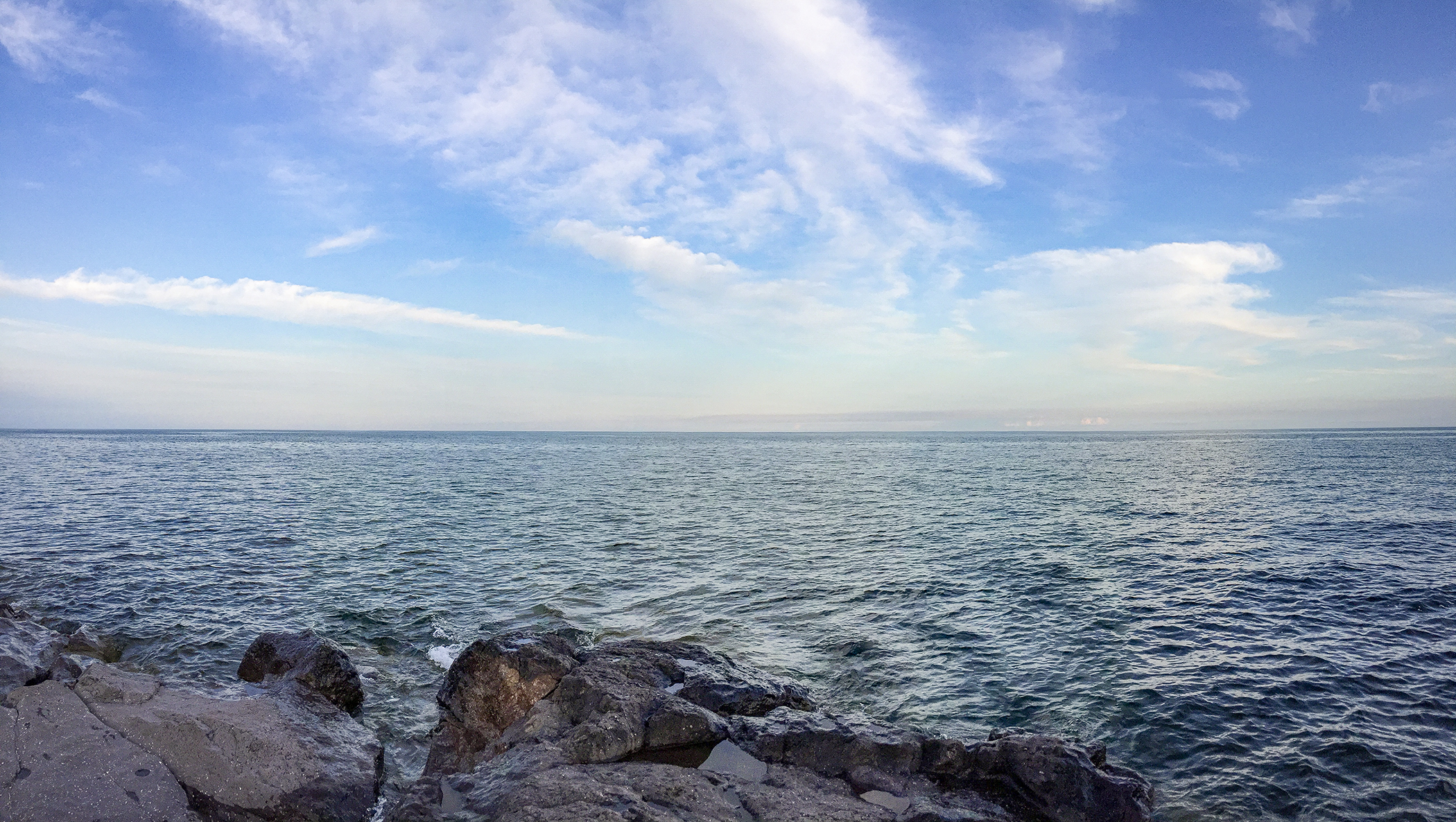'Problem-solving' omnibus environment bill passed by House

On Earth Day, the omnibus environment and natural resources bill was voted for by the House.
Sponsored by Rep. Rick Hansen (DFL-South St. Paul) and Sen. Bill Ingebrigtsen (R-Alexandria), HF1076/SF959* was passed, as amended, 70-63 Thursday and returned to the Senate, where that body's version was passed 37-29 Monday. A conference committee is expected to work out the differences.
DFLers say the bill would protect the state's air, water and wildlife, help mitigate the impacts of climate change and create stable funding for soil and water conservation districts and an aquatic invasive species research center.
Specifically, they praise proposals to address aquatic invasive species, emerald ash borer, soil health, water quality and chronic wasting disease, and the disproportionate impact of pollution on communities of color.
"This is a good bill that deals with a number of long-term problems that have either been ignored or not recognized or not confronted," Hansen said, calling the package a "problem-solving bill."
Republicans praised the funding for aquatic invasive species, state parks and relief for loggers, but said proposed fee increases are unnecessary. Rep. Josh Heintzeman (R-Nisswa) said the bill would not hold the Pollution Control Agency accountable after a recent Office of Legislative Auditor report found the agency should have done more to properly regulate Water Gremlin.
The bill would allocate $1.7 billion to state programs, departments and agencies in the next biennium, including about $960 million to the Department of Natural Resources. About $373.3 million of the spending would come from the General Fund.
It includes the 2020 and 2021 bills to fund projects using the Environment and Natural Resources Trust Fund and funding for the Minnesota Zoo and the Science Museum of Minnesota, among other agencies.
The bill would:
- require 40% of any settlement or litigation case in which the PCA recovers $250,000 or more to be distributed to the community health board in the area where the violating facility is located, to develop a project that addresses residents’ health concerns;
- require all mixed municipal solid waste disposal facilities to conduct waste reduction and reuse projects that utilize 3% of their annual revenues;
- modify how dry-cleaning facility registration fees are calculated, changing from a calculation based on the number of employees to one based on a to-be-determined percentage of gross revenues;
- require the PCA to begin rulemaking for a process to issue permits in environmental justice areas no later than Nov. 1, 2021. Applicants would need to conduct an analysis of the cumulative impacts in the area, including an analysis of demographic and socioeconomic conditions that may make residents more vulnerable to incremental exposure to pollutants;
- prohibit the manufacture and sale of a food package containing a group of "forever" chemicals called perfluoroalkyl substances, or PFAS;
- allow cities to prohibit the use of pollinator-lethal insecticides within their borders, with certain exceptions;
- allow the DNR to spend $2 for every dollar of private critical habitat donations and $2.50 for every dollar of nongame wildlife management account contributions. Under current law, the DNR may spend $1 for every dollar;
- appropriate money from the critical habitat private sector matching account to the DNR and dedicate revenues from critical habitat plates for different purposes depending on the design of the plate;
- increase triennial watercraft fees and the watercraft surcharge from $10.60 to $25, except for watercraft owned by certain nonprofits and homestead resorts, where the fee would be $5;
- modify the definition of “game fish” to include gar; and
- prohibit the DNR from renewing or transferring turtle seller’s licenses.
Soil and water conservation district fees
The bill would require any county that contains a soil and water conservation district to impose an additional $25 fee on mortgage and deed recordings and registrations subject to the mortgage registration or deed taxes.
Counties without an SWCD, but that carry out duties of a district, would also be required to impose the fee.
Hansen said the fee is an effort to ensure districts have stable funding when Legacy Amendment funding expires in 2034.
Amendments
Republicans unsuccessfully proposed amendments to void any rules the PCA might implement requiring lower greenhouse gas emissions in cars.
Rep. Tama Theis (R-St. Cloud) successfully offered an amendment to require Environment and Natural Resources Trust Fund grant recipients who work with children to conduct background checks on employees.
Another successfully offered amendment, from Rep. Rob Ecklund (DFL-International Falls), would require cooperation between the Board of Animal Health and DNR on chronic wasting disease inspections.
Related Articles
Search Session Daily
Advanced Search OptionsPriority Dailies
Ways and Means Committee OKs proposed $512 million supplemental budget on party-line vote
By Mike Cook Meeting more needs or fiscal irresponsibility is one way to sum up the differences among the two parties on a supplemental spending package a year after a $72 billion state budg...
Meeting more needs or fiscal irresponsibility is one way to sum up the differences among the two parties on a supplemental spending package a year after a $72 billion state budg...
Minnesota’s projected budget surplus balloons to $3.7 billion, but fiscal pressure still looms
By Rob Hubbard Just as Minnesota has experienced a warmer winter than usual, so has the state’s budget outlook warmed over the past few months.
On Thursday, Minnesota Management and Budget...
Just as Minnesota has experienced a warmer winter than usual, so has the state’s budget outlook warmed over the past few months.
On Thursday, Minnesota Management and Budget...
